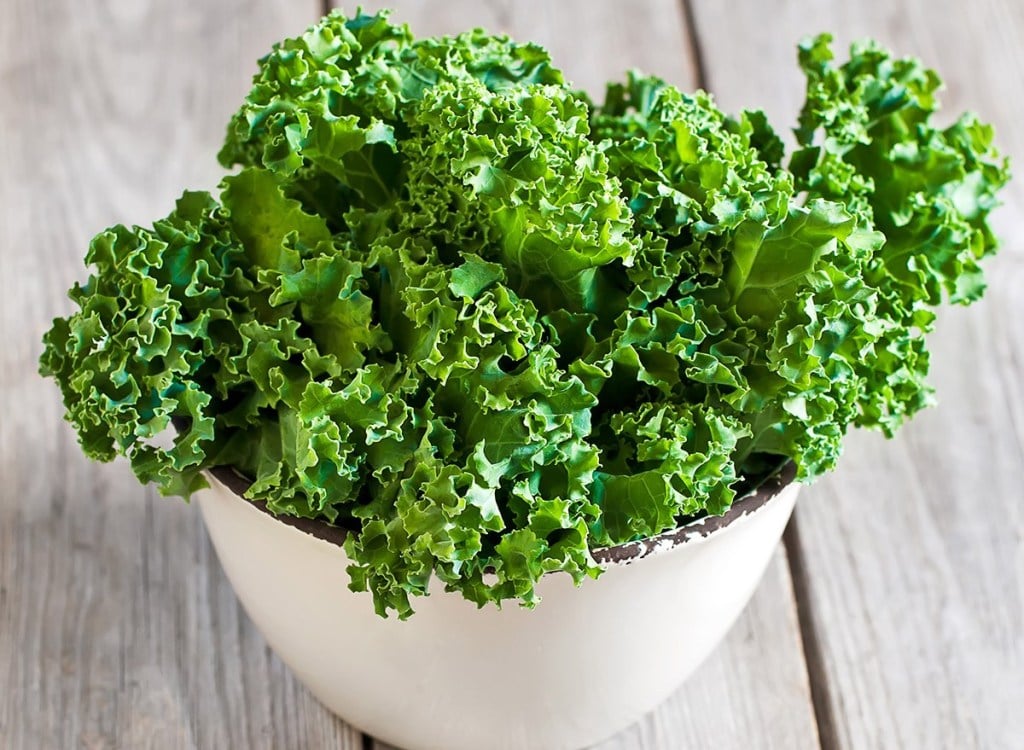Start your day with health news, readers can also read more articles: 4 mistakes to avoid when abstaining from starch to lose weight; 4 surprising health benefits of cruciferous vegetables ; Learn more about the 4-7-8 breathing technique to help you fall asleep easier...
Ginger has many benefits, but these people should be careful when using it.
The health benefits of ginger include improved digestion, boosted immunity, and anti-inflammatory properties.
But before making a cup of ginger tea in the morning, you should note some cases where you should not use this root.

Ginger may help stabilize blood sugar levels
First, it is necessary to review the wonderful benefits of ginger.
Ginger is great for promoting longevity because it contains compounds called gingerols and shogaols - antioxidants that help reduce damage caused by free radicals in the body, says Trista Best, a leading Canadian nutritionist.
Nutritionist Bonnie Taub-Dix, owner of BTD Nutrition Consultants, LLC (USA), said that ginger supports digestive health by improving stomach motility, helping to reduce bloating and discomfort in the digestive tract.
Ginger also has anti-inflammatory properties that help support heart health and reduce arthritis symptoms, and may help reduce nausea and stabilize blood sugar levels, says Taub-Dix. Continue reading this article on the health page on June 27 .
4 mistakes to avoid when abstaining from starch to lose weight
For many people, trying to lose weight almost always involves avoiding carbs, even if they are a food they crave. When cutting carbs, dieters need to pay attention to a few issues to avoid harming their health.
Cutting down on carbohydrates can be a real challenge for many people, sometimes difficult and requiring a lot of effort. A low-carb diet is also known as a low-carb diet.

Eating fiber and healthy fats can help low carb dieters stay full longer and balance digestion.
According to health experts, starch plays an extremely important role in health, helping to provide glucose. This type of sugar, when combined with the hormone insulin secreted by the pancreas, will enter the cells to provide energy for the cells.
Most of the starches we eat are divided into two main types: refined starches and complex starches. Refined starches, or white starches, are found in foods such as white bread and cakes. Eating too much of them can easily cause weight gain. Readers can read more about this article on the health page on June 27 .
4 Surprising Health Benefits of Cruciferous Vegetables
Cruciferous vegetables are among the healthiest plants on Earth. They are a rich source of vitamins, minerals, and other essential nutrients that help reduce the risk of cancer, promote heart health, and provide many other benefits.

Kale
Common cruciferous vegetables include cabbage, broccoli, cauliflower, Brussels sprouts, collard greens, kale, and mustard greens. Many varieties taste quite similar due to the same natural chemicals.
With abundant nutrients, cruciferous vegetables can bring the following benefits:
Reduced risk of cancer. The fiber and many bioactive chemicals in cruciferous vegetables have been shown to help prevent cancer. Among them, vitamin C and carotenoids have been shown to have strong antioxidant properties, helping to neutralize free radicals. These free radicals are agents that damage cells and contribute to cancer.
In addition, cruciferous vegetables also contain glucosinolate. When entering the body, glucosinolate will be broken down into isothiocyanate and indoles. Both of these compounds help reduce inflammation. In many cases, chronic inflammation is a factor that damages cells and increases the risk of cancer. Let's start the day with health news to see more content of this article!
Source link


![[Photo] Prime Minister Pham Minh Chinh chairs the regular Government meeting in March](https://vstatic.vietnam.vn/vietnam/resource/IMAGE/2025/4/6/8393ea0517b54f6791237802fe46343b)

![[Photo] Solemn Hung King's Death Anniversary in France](https://vstatic.vietnam.vn/vietnam/resource/IMAGE/2025/4/6/786a6458bc274de5abe24c2ea3587979)
![[Photo] Vietnamese rescue team shares the loss with people in Myanmar earthquake area](https://vstatic.vietnam.vn/vietnam/resource/IMAGE/2025/4/6/ae4b9ffa12e14861b77db38293ba1c1d)






















































































Comment (0)